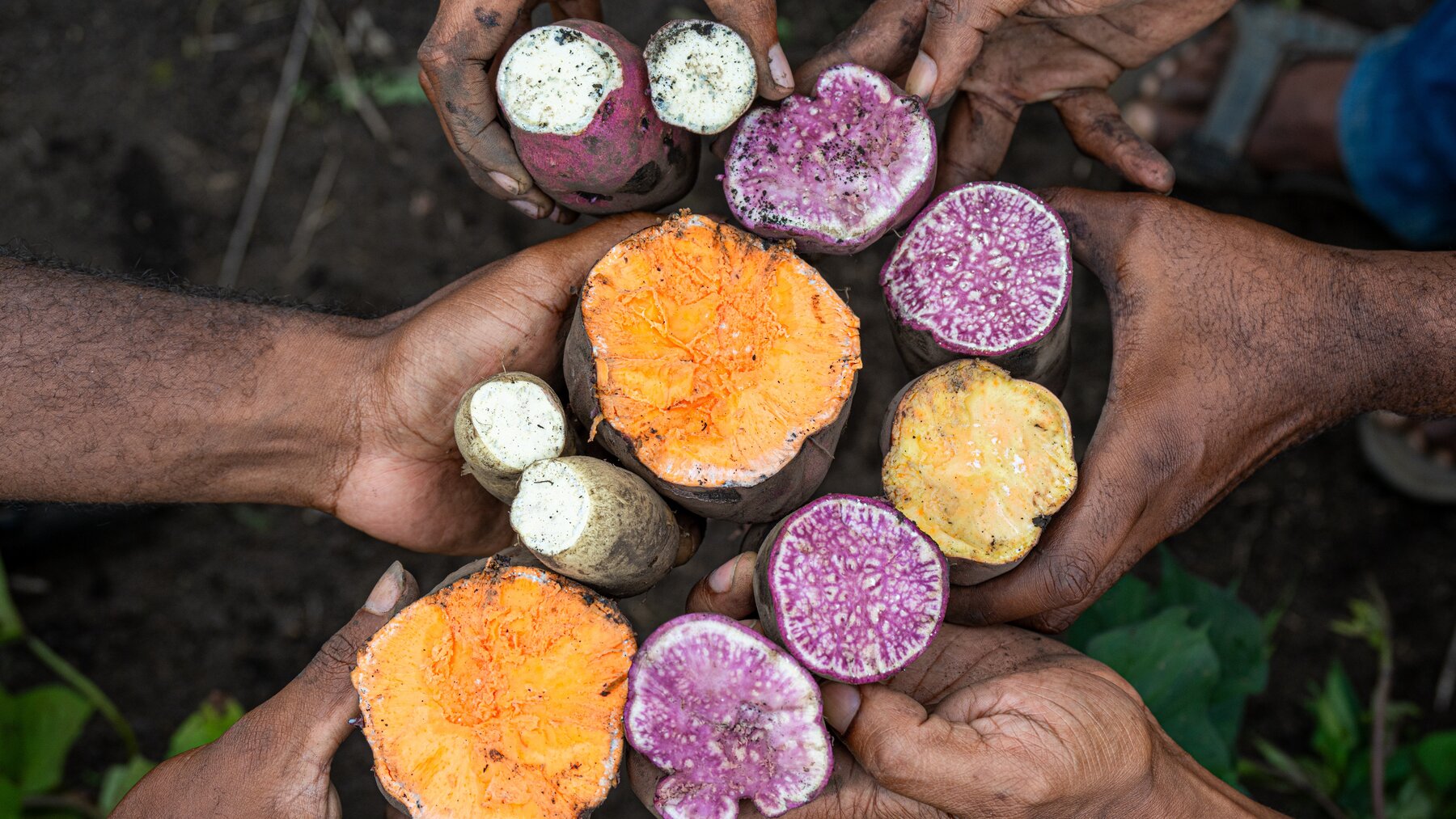20 Years of the Crop Trust
The Crop Trust supports the conservation of crop diversity in genebanks worldwide through the Crop Diversity Endowment Fund.
The Crop Trust was established in 2004 to safeguard the world's food security.
Since then, the Crop Trust has provided critical financial and technical support to genebanks around the world, ensuring their continued operation and the maintenance of diverse collections of crop diversity. This has helped to prevent the loss of unique and endangered varieties, ensuring that plant breeders, researchers and farmers continue to have access to a broad array of options to adapt crops to changing environmental and social conditions. Because once a variety is lost, it is gone forever.
With generous support from funders, together with people who stubbornly continue to fight the loss of crop diversity, the Crop Trust has achieved significant milestones in its mission to conserve crop diversity forever, ensuring the resilience of agriculture in the face of evolving challenges.
Twenty years later, we've come a long way but there's still lots more to accomplish to making our ‘Food Forever’ vision a reality through the support of genebanks and crop diversity.
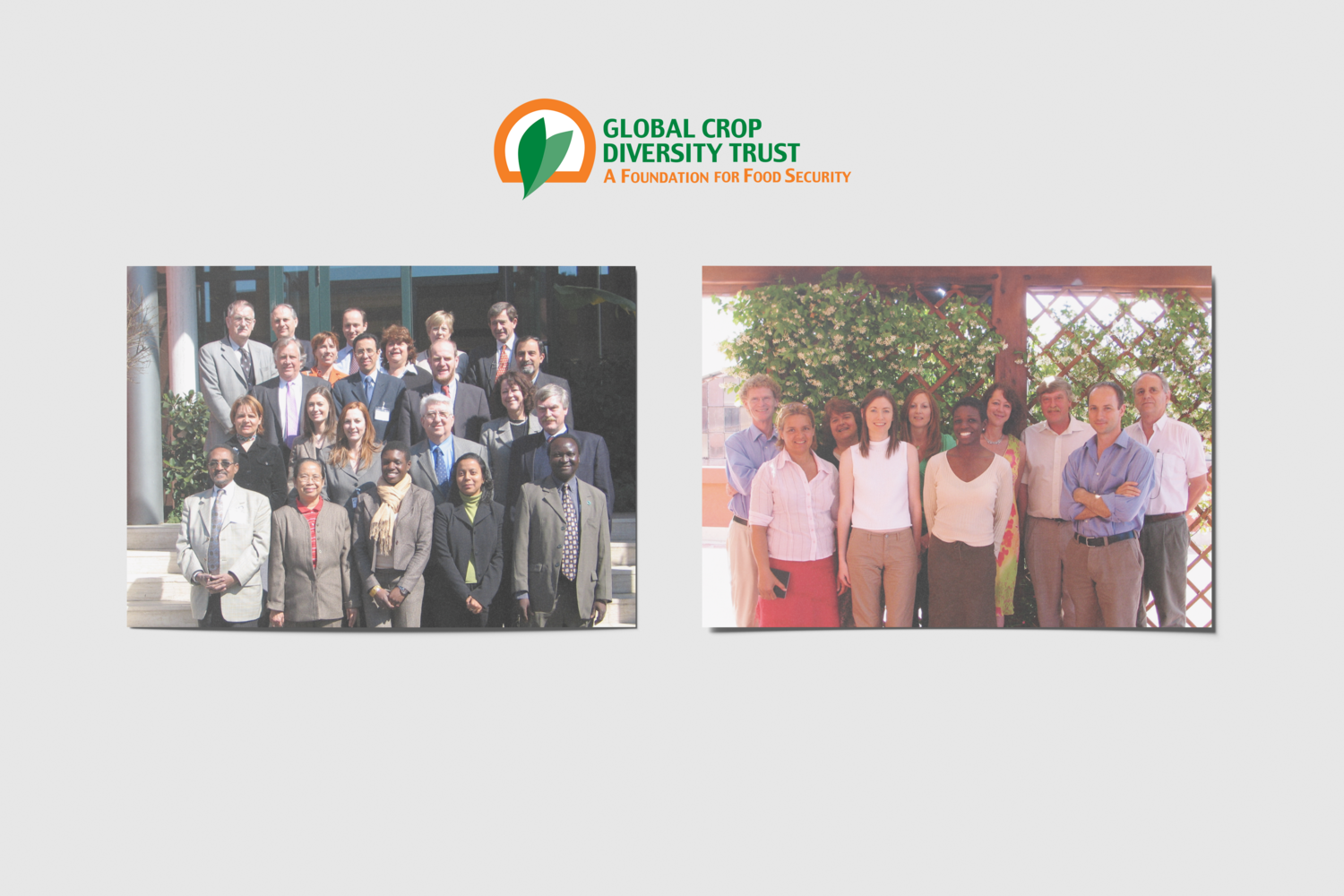
2004
- The Crop Trust is established as the world’s only organization dedicated solely to conserving crop diversity in genebanks. Geoff Hawtin is appointed as the Interim Executive Director. The Crop Diversity Endowment Fund is established.
2005
- Cary Fowler becomes Executive Director.
- The first phase of work on Global Crop Conservation Strategies begins.

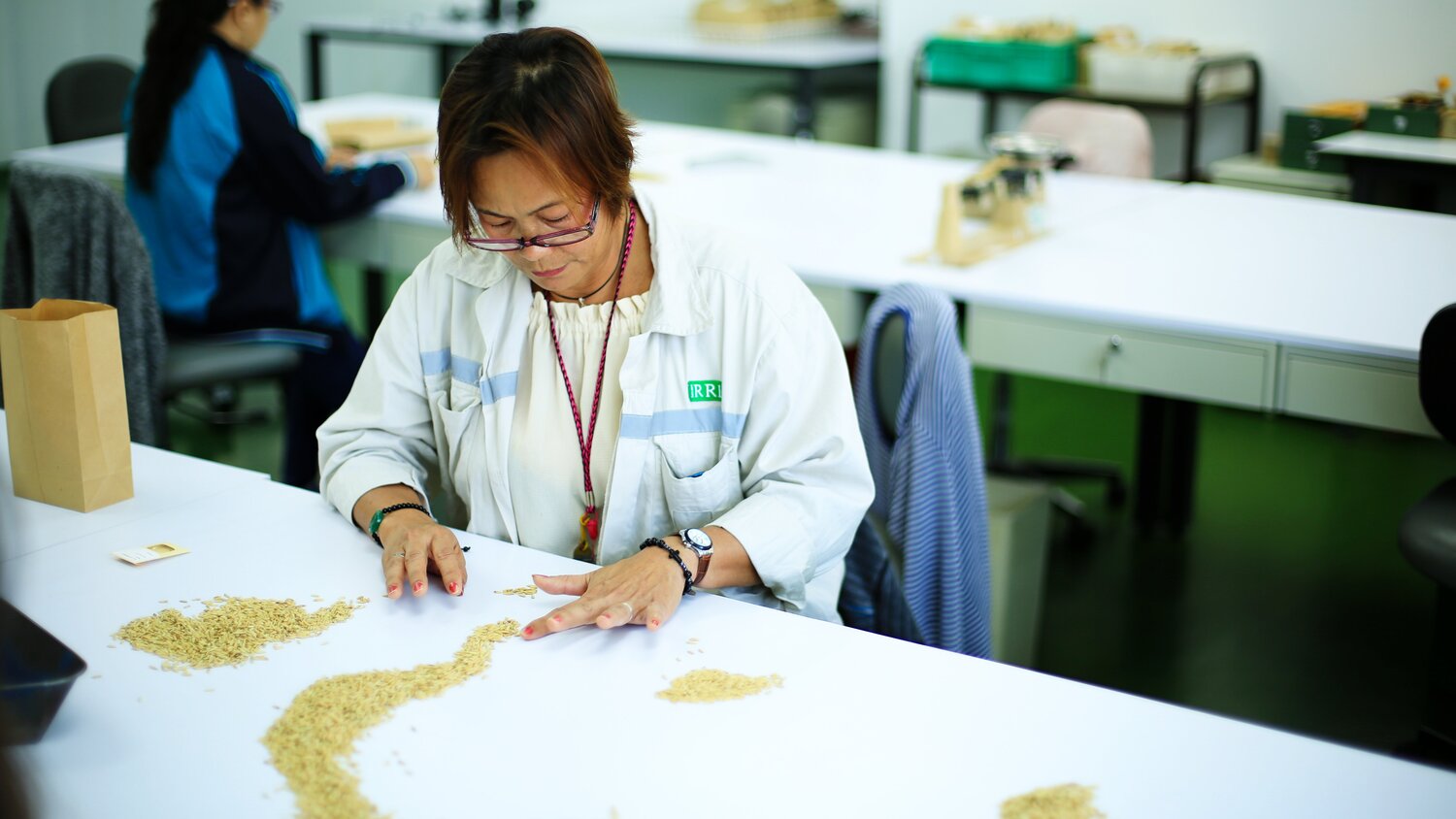
2006
- The Crop Trust signs its first long-term grant to support an international crop collection with the International Rice Research Institute (IRRI). Through this grant, which was followed by similar ones to other organizations, the Crop Trust guarantees funding for a proportion of the costs of the genebank’s basic operations, forever.
2007
- In partnership with the United Nations Foundation and funded by the Bill & Melinda Gates Foundation, the Global System Project supports the multiplication and safety duplication of over 240 at-risk crop diversity collections around the globe.
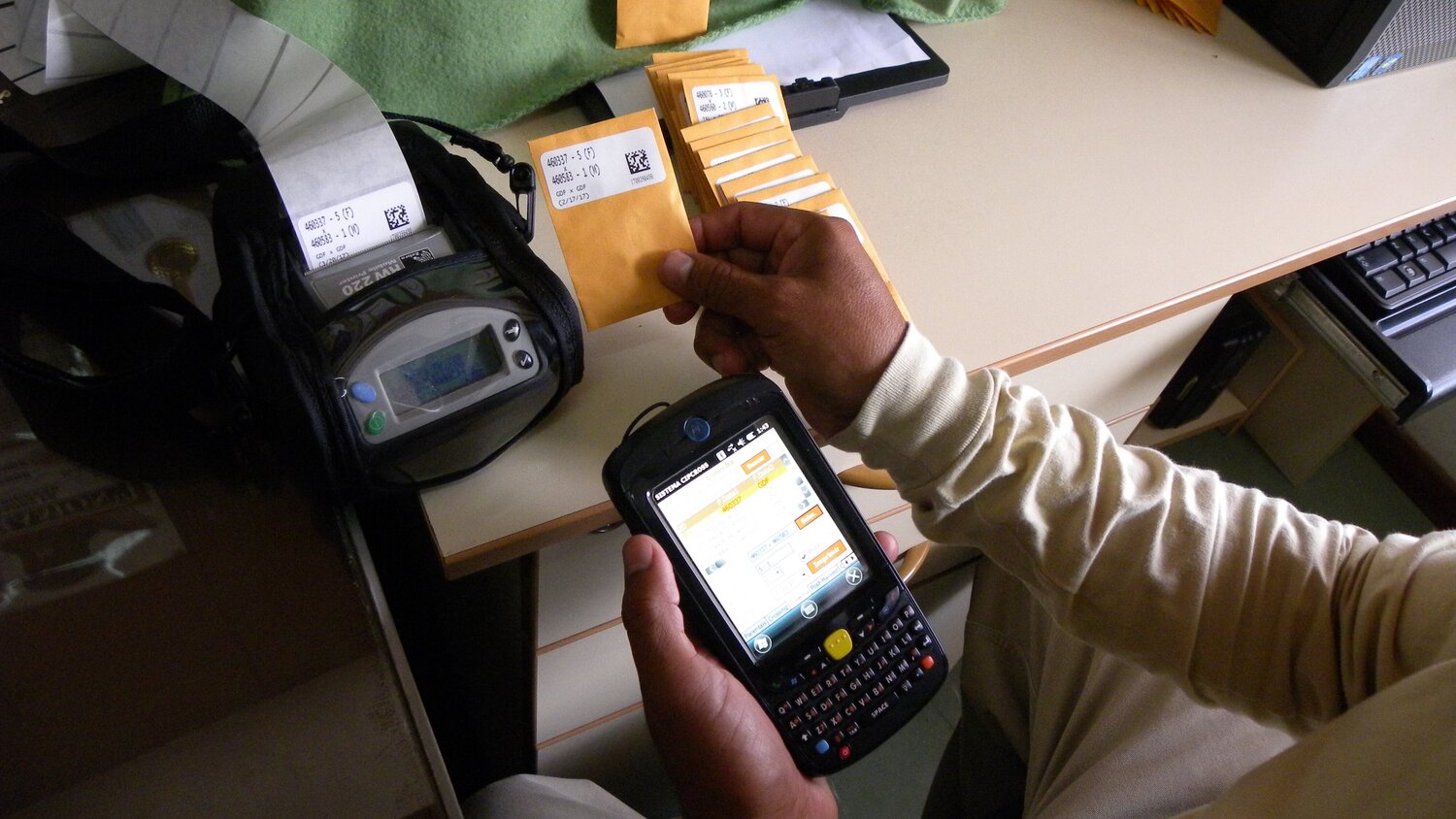
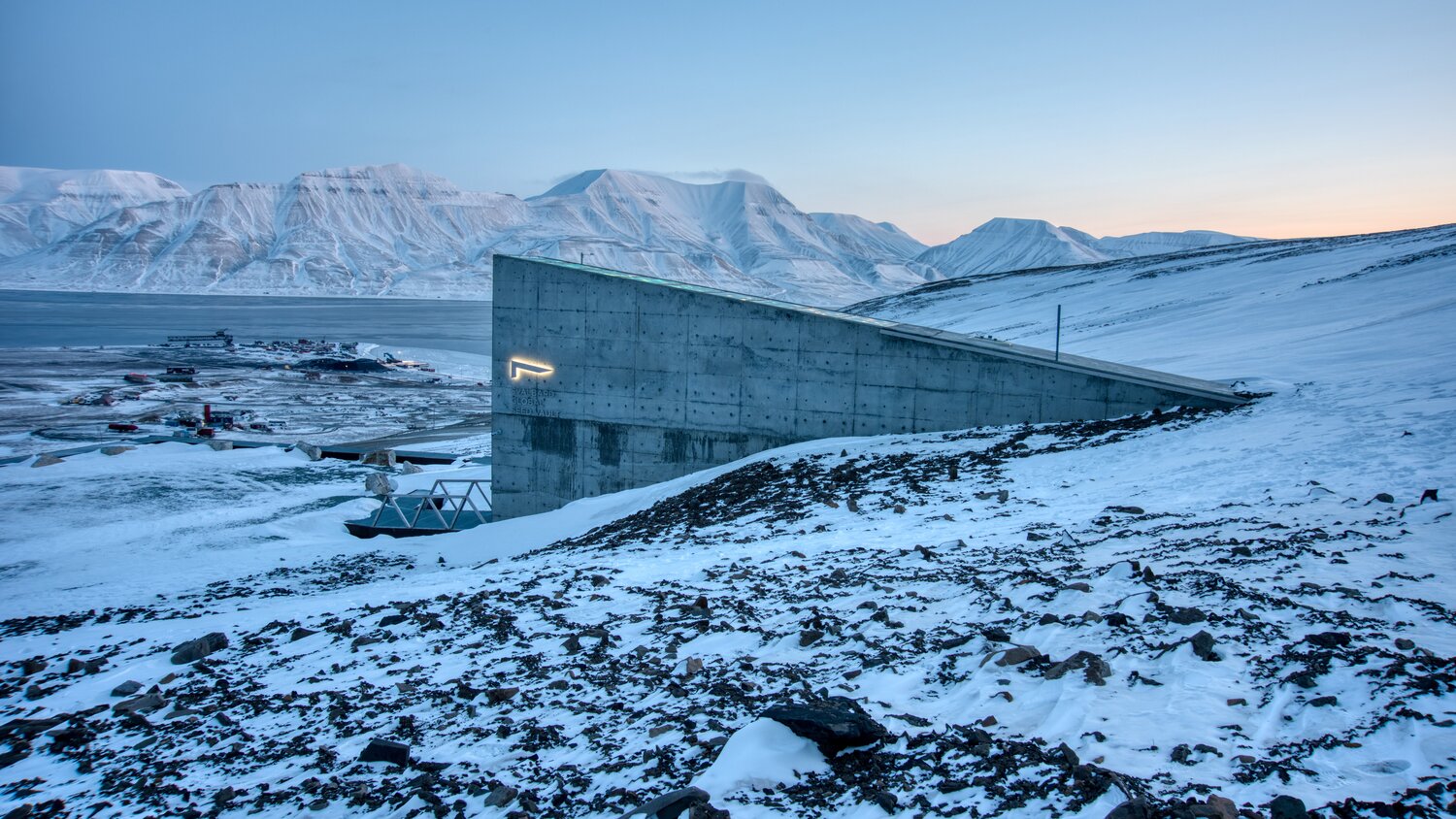
2008
- The Svalbard Global Seed Vault is established by the Ministry of Food and Agriculture of Norway, NordGen and the Crop Trust. Located on the remote Svalbard archipelago in the Arctic Circle, it serves as a global backup for the world's genebanks.
2011
- The Crop Wild Relatives project is launched with generous funding from the Government of Norway. By 2022, its activities will have contributed to the collection and conservation of more than 4,500 seed samples of important species of wild crop relatives, ensured their long-term conservation, and facilitated their use in breeding new, improved crops.
- Launch of Genesys, world’s largest portal to information about crop diversity conserved in genebanks, supported by a grant from the Bill & Melinda Gates Foundation.
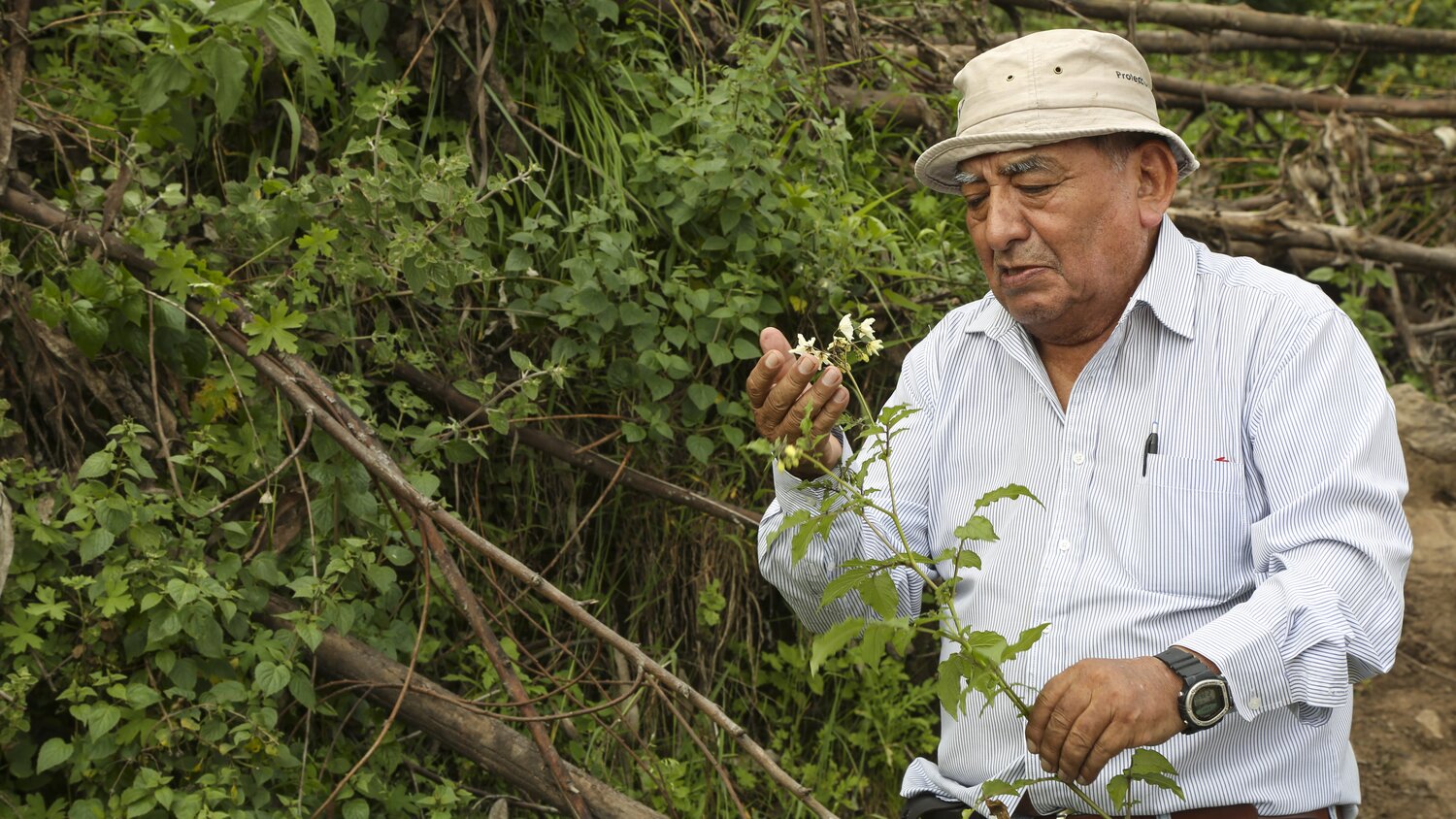
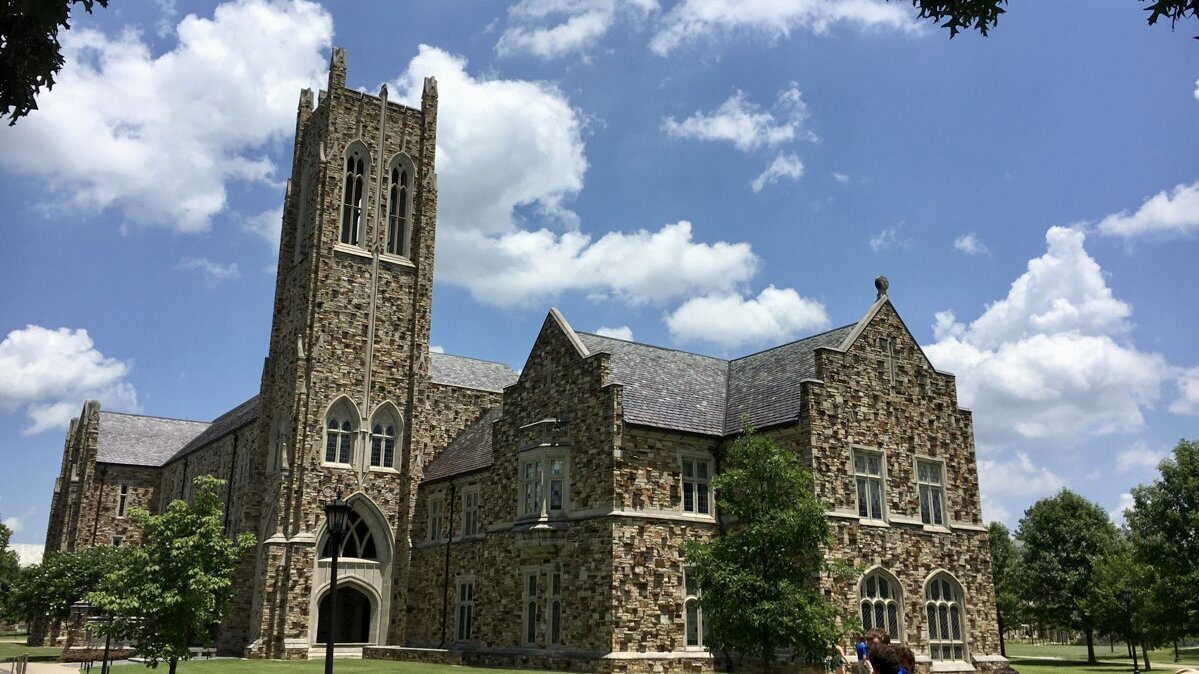
2012
- The Steve and Riea Lainoff Crop Trust Fellowship is launched to support exceptional students at Rhodes College to pursue their interests in global affairs and conservation.
2013
- Marie Haga becomes Executive Director of the Crop Trust.
- The Crop Trust and CGIAR enter into a five-year collaborative agreement to manage and sustain 11 of the world’s international crop collections.
- The Crop Trust transfers its headquarters from Rome to Bonn.
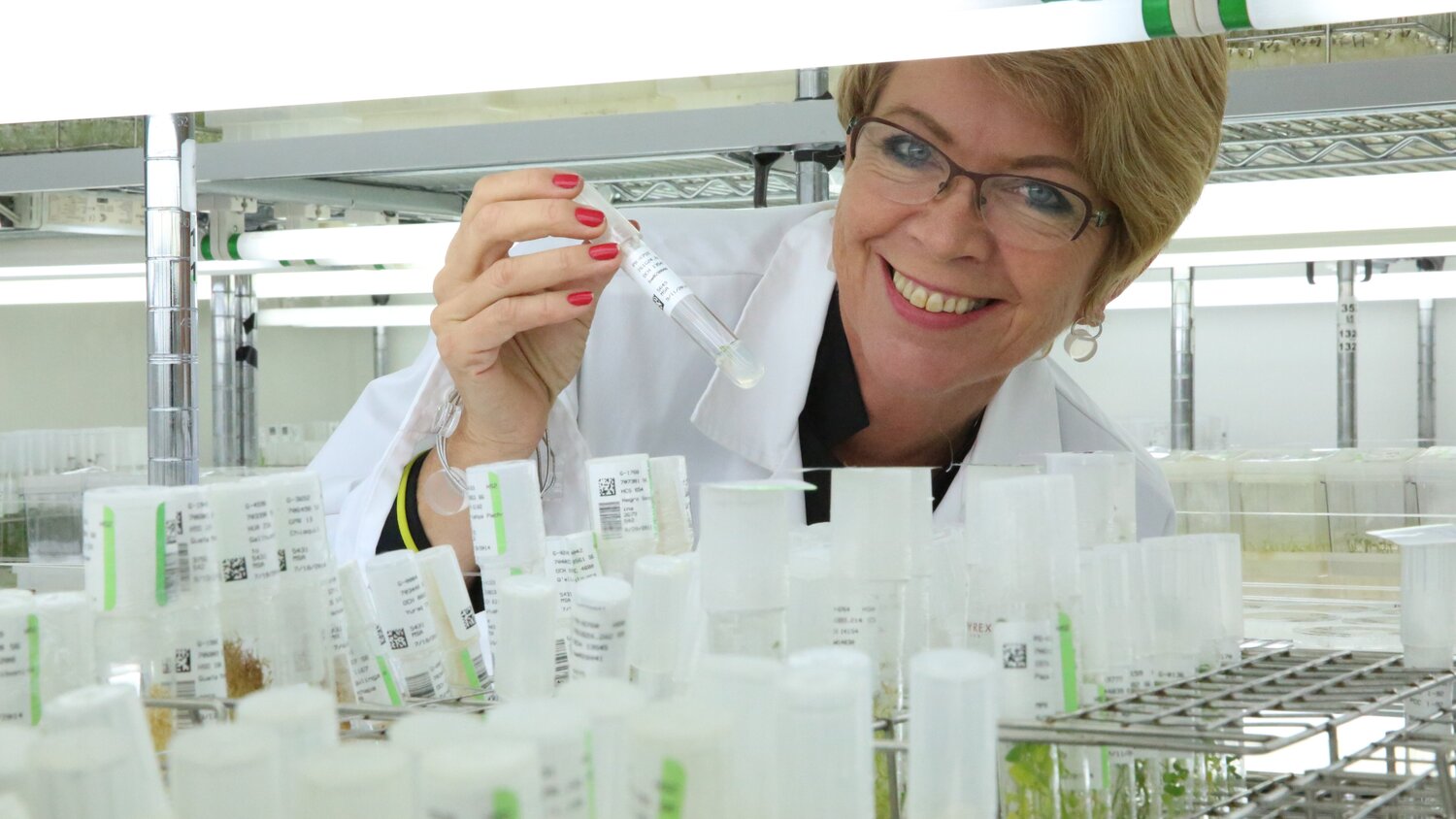
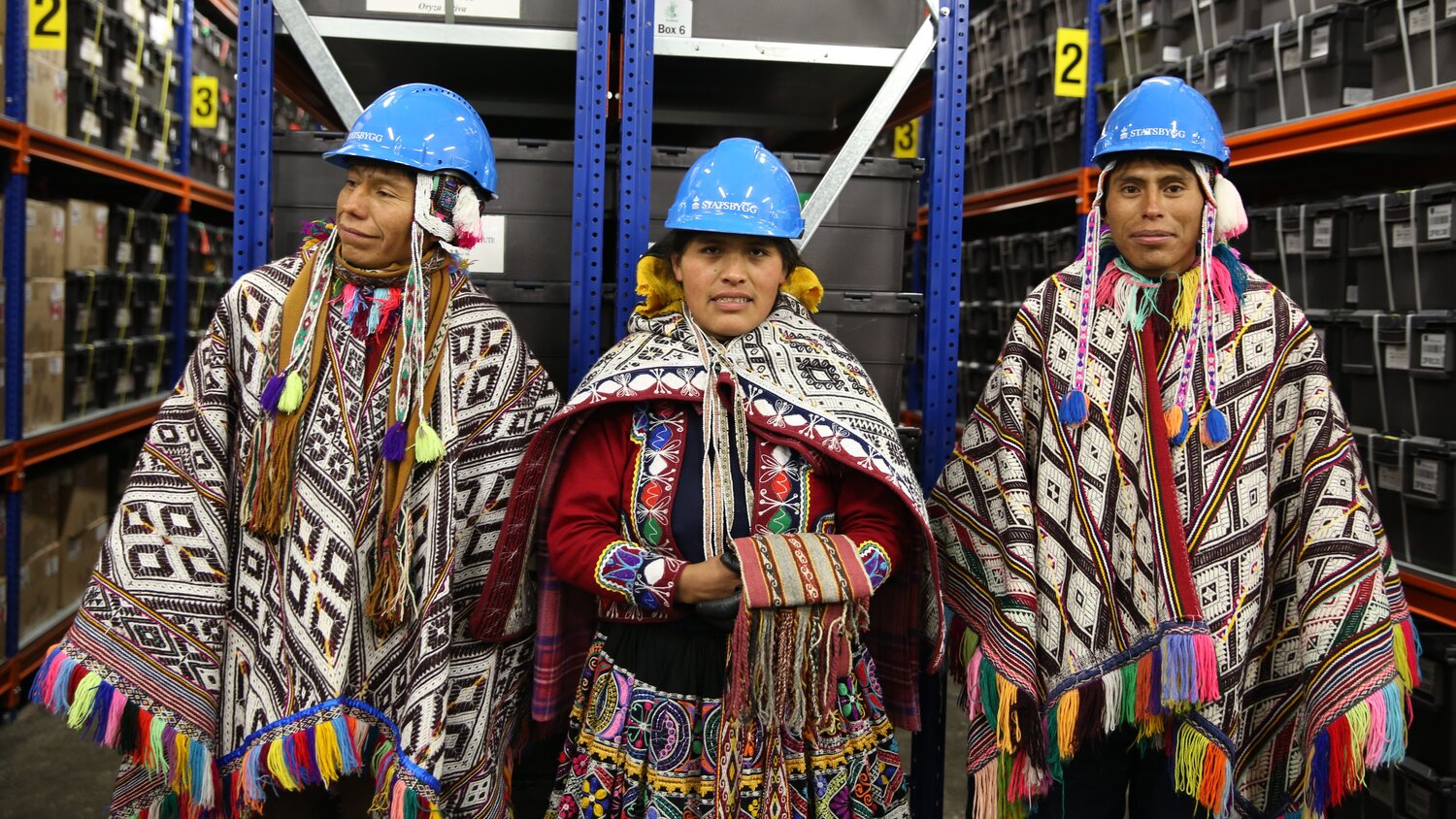
2015
- The International Centre for Agricultural Research in the Dry Areas (ICARDA) requests a first retrieval from the Svalbard Global Seed Vault to rebuild its collections and resume distribution of seeds from new premises in Morocco and Lebanon.
- Representatives of indigenous Andean communities travel more than 11,000 km from the Parque de la Papa outside Cusco, Peru, to the Svalbard Global Seed Vault to deposit 750 potato seed samples and preserve these indigenous varieties for future generations.
- His Royal Highness, The Prince of Wales (now King Charles III), becomes a Patron of the Crop Trust.
2017
- The six-year CGIAR Genebank Platform continues the partnership between the Crop Trust and CGIAR. The Platform provided technical and financial support and oversight to the 11 international genebanks and complemented the long-term financial support provided by the Crop Trust.
- The Crop Trust launches the Food Forever Initiative to raise awareness of efforts to achieve Target 2.5 of the United Nations Sustainable Development Goals: Zero Hunger.
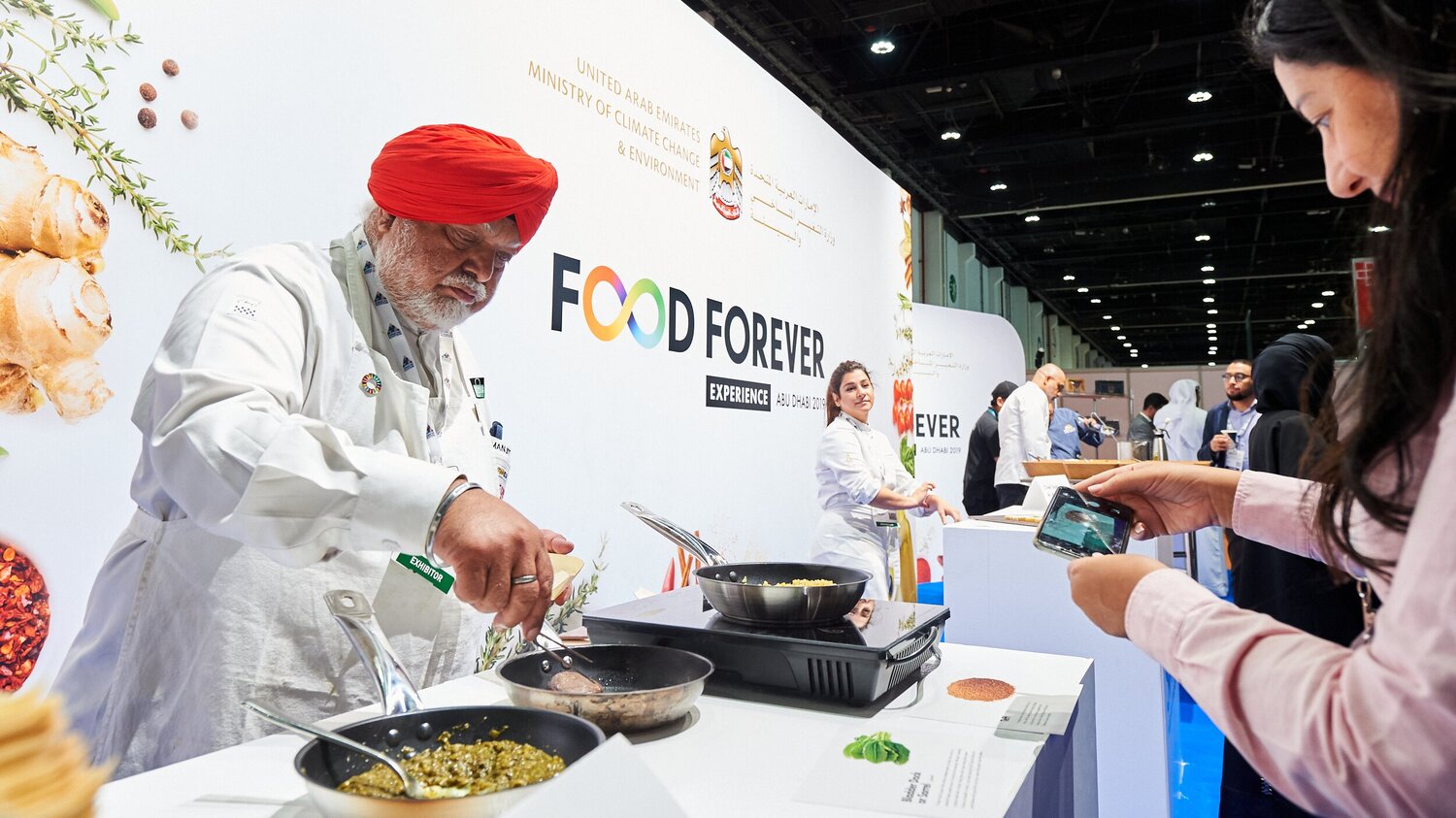
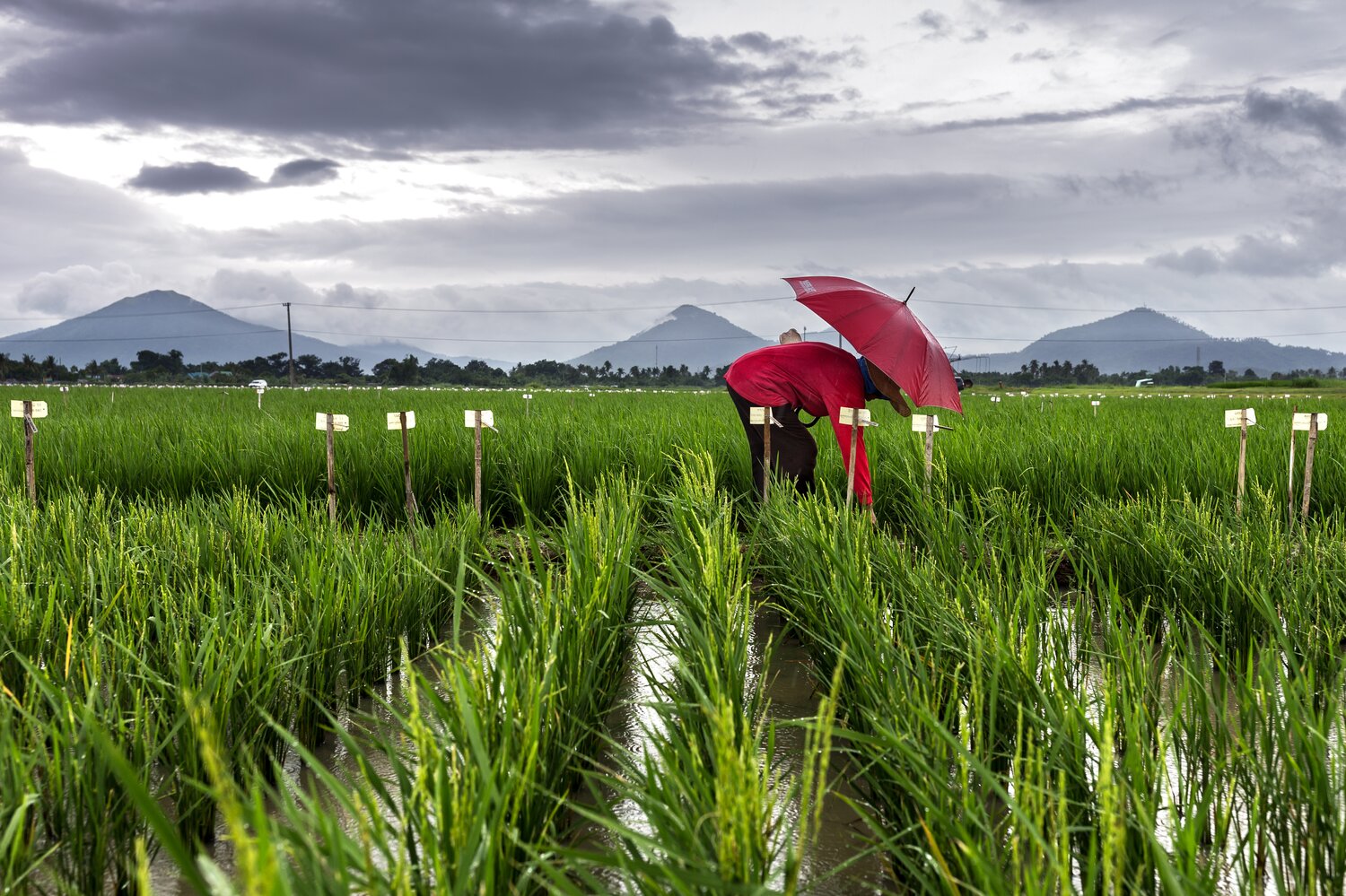
2018
- The Crop Trust and the International Rice Research Institute (IRRI) sign a long-term partnership agreement. This is the first agreement to fund a genebank's essential operations fully, and forever.
- The Svalbard Global Seed Vault celebrates 10 years of operation.
- The first Food Forever Experience event in New York City challenges ten chefs to prepare the dishes of the future.
- The board game Catan adds a new scenario “Catan: Crop Trust,” a fun new way to learn about the importance of crop diversity and its conservation.
2019
- Seeds for Resilience is launched, a five-year project to support national genebanks in Africa, funded by the Federal Government of Germany, through the German Development Bank.
- The Templeton Pre-breeding Project starts to enhance the genetic diversity of grasspea and finger millet, funded by the Templeton World Charity Foundation, Inc.
- In collaboration with Chef’s Manifesto, the Food Forever Experience brings crop diversity to the plates and imaginations of hundreds of people in San Jose, Bonn, Cusco, Stockholm, Chicago, Rome, London, Washington DC and Abu Dhabi.
- Thanks to a grant from the German Federal Ministry of Food and Agriculture, the Crop Trust starts the second phase of work on the Global Crop Conservation Strategies, updating five existing ones and developing ten new ones.
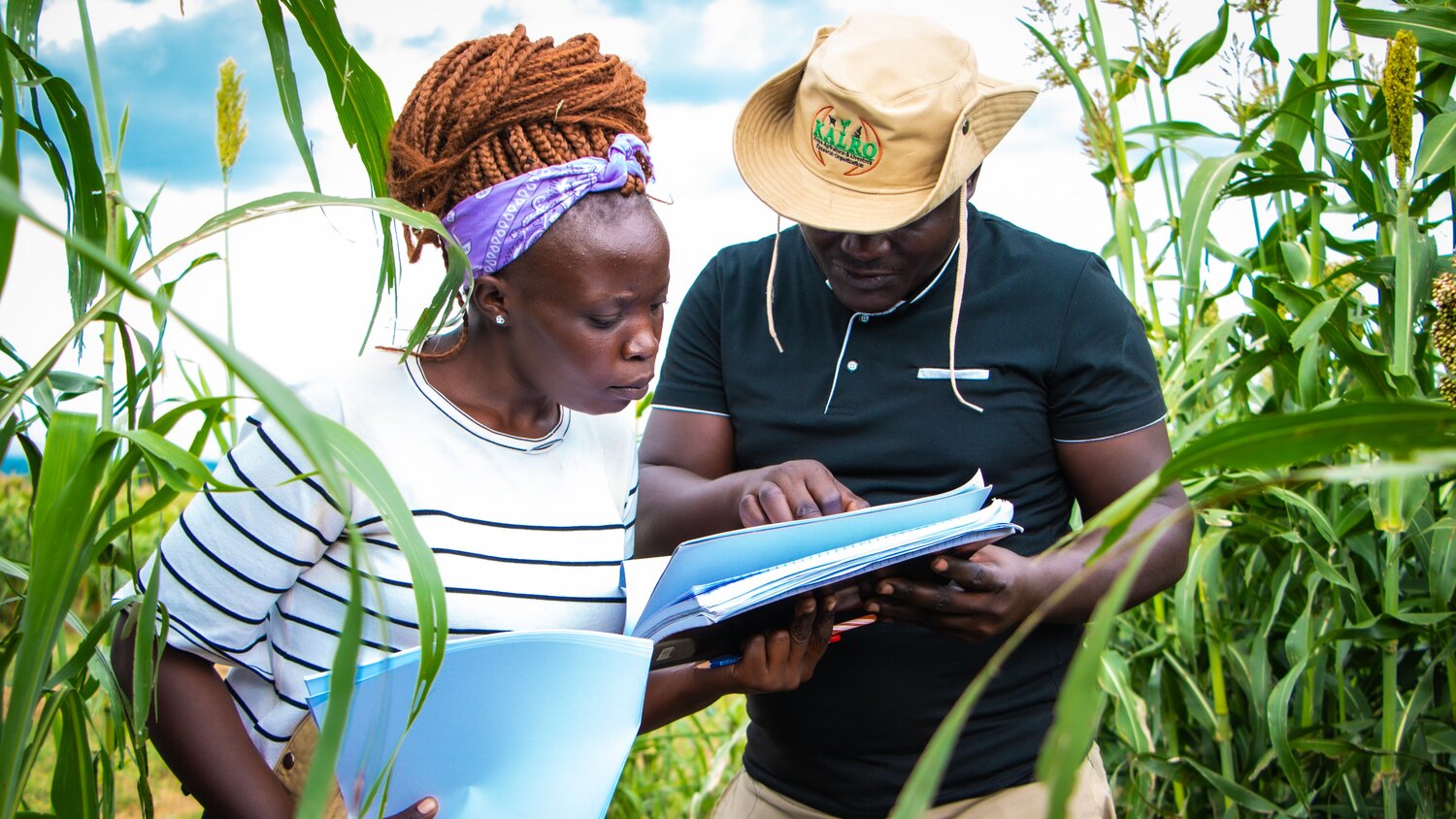

2020
- Stefan Schmitz becomes Executive Director of the Crop Trust.
2021
- The Crop Trust launches a 10-year-long project, Biodiversity for Livelihoods, Opportunities and Development (BOLD), with funding from the Government of Norway. The project builds upon the foundations laid by the Crop Wild Relatives project.
- The International Plant Treaty and the Crop Trust announce the Emergency Reserve: the world’s first funding mechanism to provide financial support to genebanks under imminent threat.
- A new disease-resistant potato called CIP-Matilde is released in Peru through collaboration with the International Potato Center (CIP).
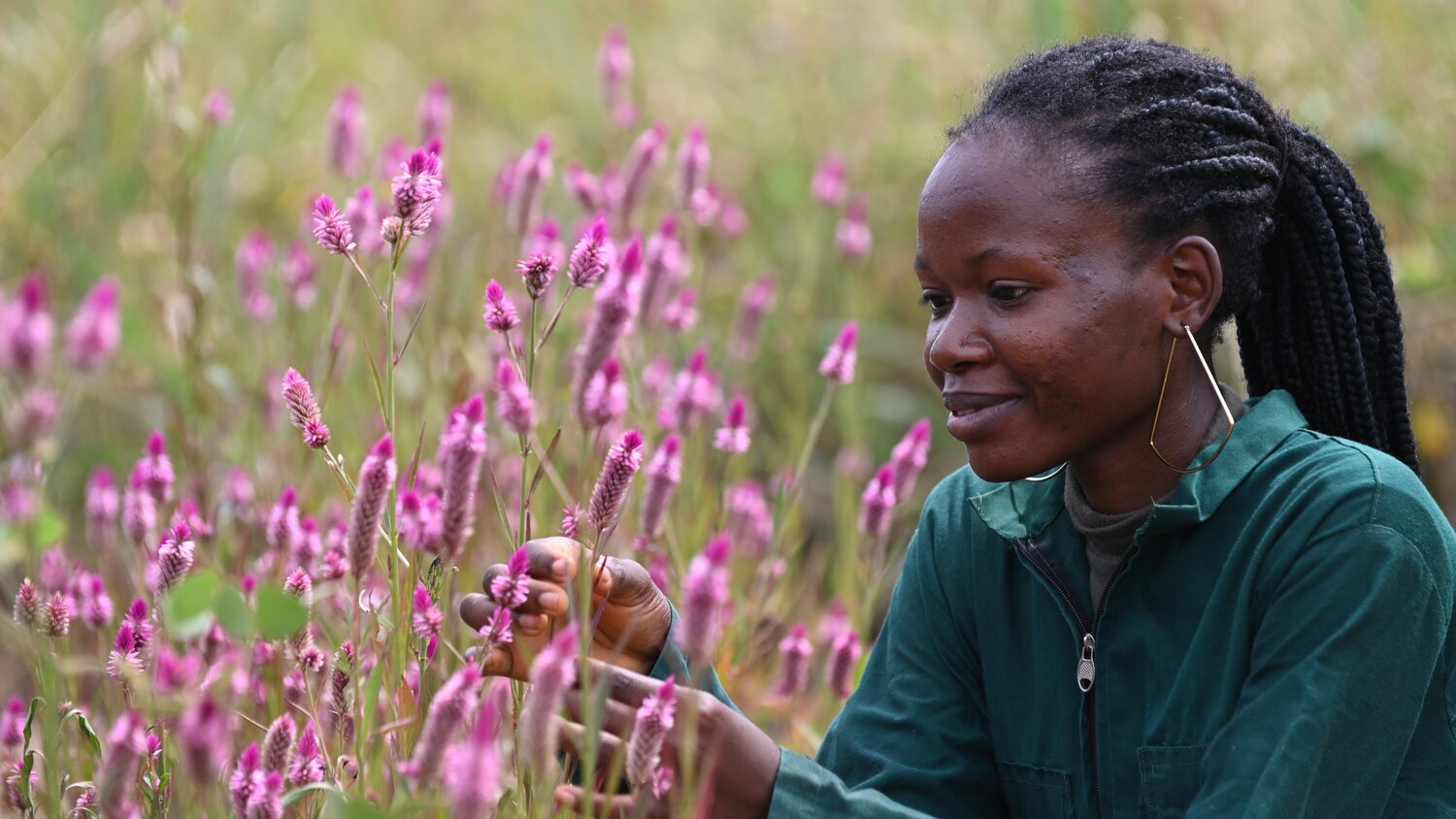
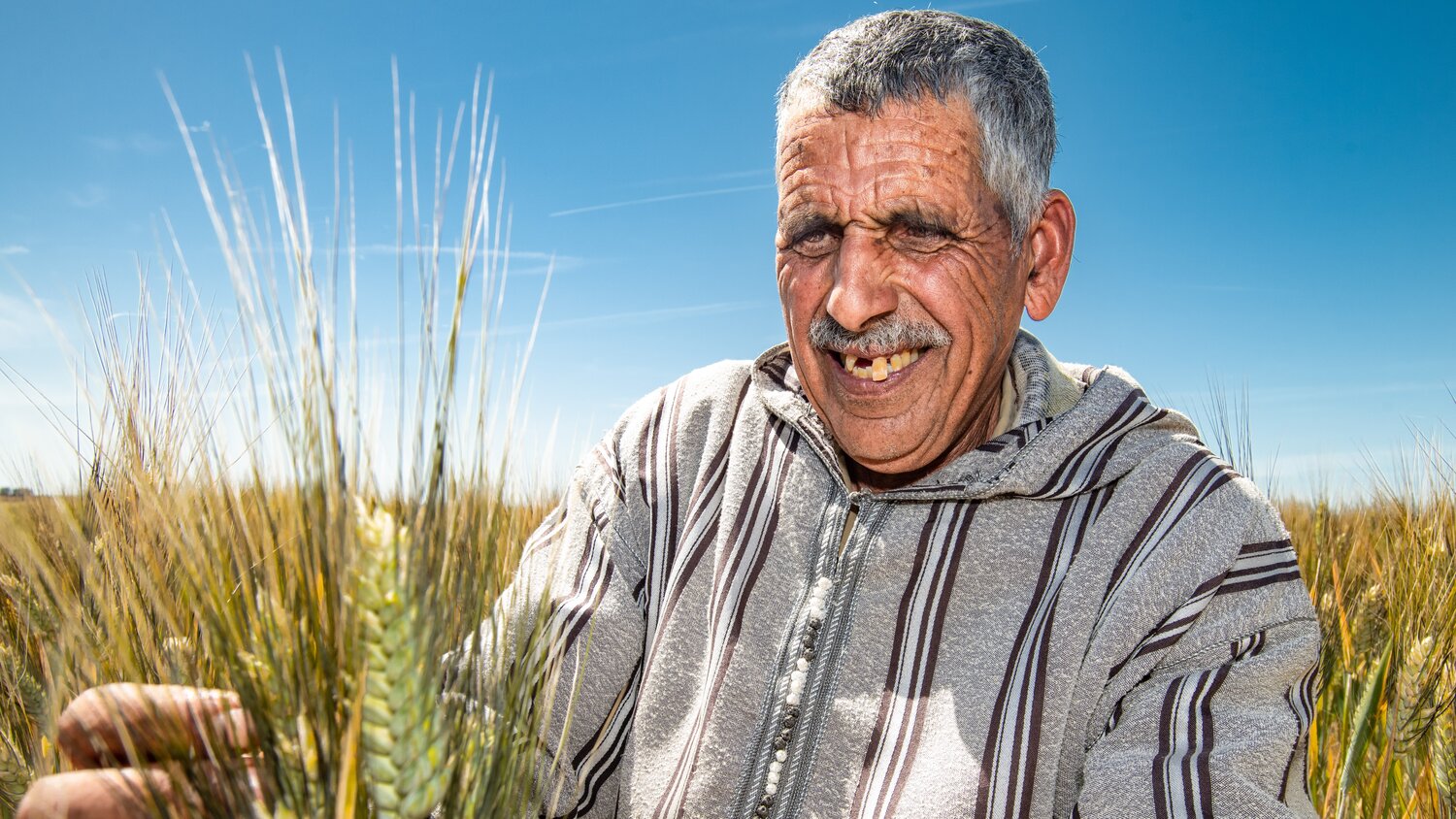
2022
- Jabal, a new drought-tolerant variety of durum wheat, is released in Morocco. It was developed by the International Centre for Agricultural Research in the Dry Areas (ICARDA) with support from the Crop Trust.
- The first Crop Diversity Day is held in Bonn, Germany.
- Start of the three-year project Sweetpotato, a model for food security and long-term conservation of biodiversity, funded by the Darwin Initiative.
2023
- The Crop Trust launches its 2030 strategy: Food Forever, and sets the organization's course for the next seven years.
- Svalbard Global Seed Vault celebrates its 15th anniversary with the launch of a virtual tour.
- The Crop Trust signs a Long-term Partnership Agreement with the Alliance of Bioversity International and CIAT to deliver perpetual, guaranteed funding to conserve the bean and forage collections housed in the CIAT-run Future Seeds genebank in Palmira, Colombia.
- A Long-term Partnership Agreement signed between the Crop Trust and International Institute of Tropical Agriculture (IITA) commits to providing a guaranteed source of funding for crops such as maize, cowpea and Bambara groundnut held at IITA’s genebank, the Genetic Resources Center, in perpetuity.
- The City of Bonn selects the Crop Trust as an official partner for 2023.
- The Crop Trust and the International Plant Treaty host the first Global Crop Diversity Summit in Berlin. The Summit raises political awareness of the crop diversity in agri-food systems and strengthened cooperation among seed banks around the world to increase their impact.
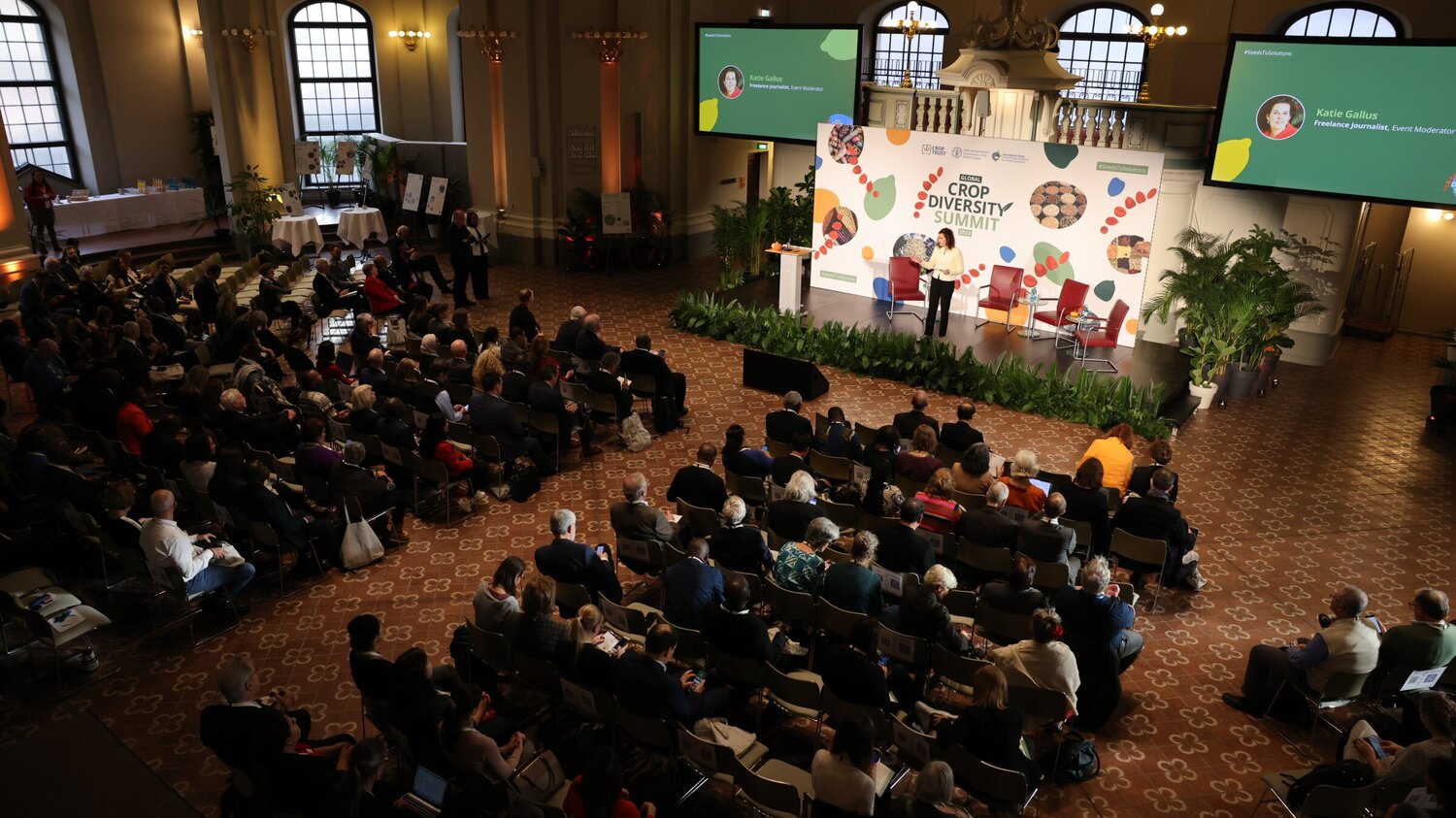

2024
- The World Food Prize Foundation announces that two of the Crop Trust’s foundational figures, Geoffrey Hawtin and Cary Fowler, will receive the 2024 World Food Prize for their extraordinary leadership in safeguarding the world’s heritage of crop diversity.

